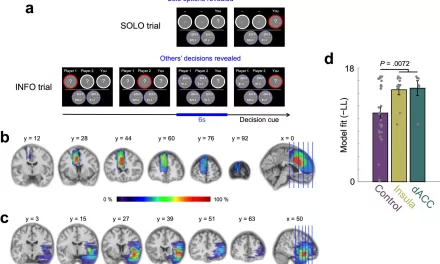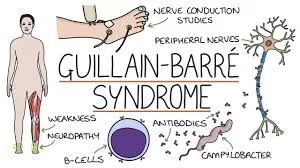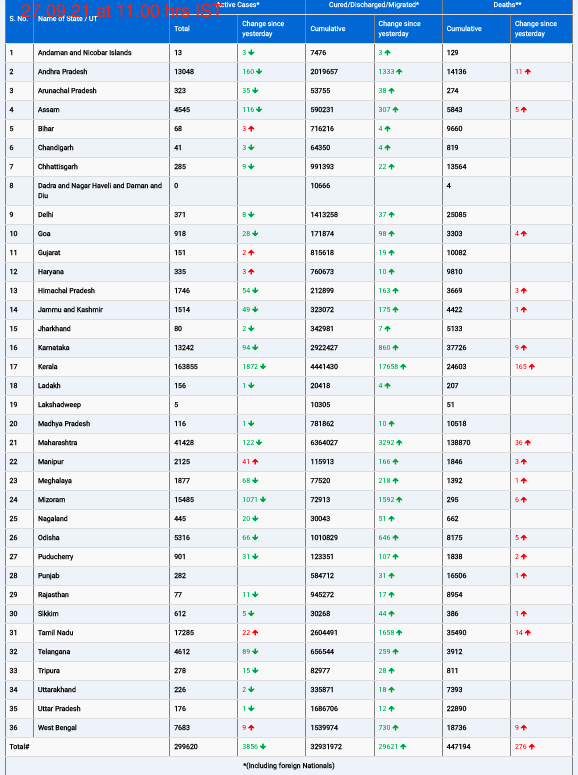New York, NY – Researchers at Columbia University’s Zuckerman Institute have made a significant breakthrough in understanding how the brain learns through trial and error, using songbirds as a model. Their findings, published in the journal Nature, shed light on the essential role of dopamine in this process.
The study focused on young male zebra finches, which learn to sing by mimicking their fathers’ songs, a process remarkably similar to human speech acquisition. The researchers recorded the birds’ vocalizations over 40 days, analyzing thousands of song syllables with the help of artificial intelligence. This allowed them to track how the birds’ songs evolved as they practiced.
“Understanding the process of learning by trial and error is key to understanding how we acquire many of our most important skills,” said Jonathan Kasdin, co-lead author of the study. “And understanding how learning works in the healthy brain is critical to understanding how learning goes wrong in various brain disorders.”
The team also measured dopamine levels in Area X, a brain region crucial for song learning. They discovered a clear correlation between dopamine release and song accuracy. When a bird produced a syllable closer to the adult version, a surge of dopamine was observed. Conversely, less accurate syllables suppressed dopamine production.
“We’re eavesdropping on dopamine’s role in a completely natural learning process,” Kasdin explained.
Senior author Dr. Vikram Gadagkar likened the finding to the classic “practice makes perfect” adage. “We wanted to know how you get better with practice. When you get what you’re practicing right, how does your brain know that you’re correct?” he said.
This study provides valuable insights into how dopamine acts as a reward signal, reinforcing correct actions and discouraging incorrect ones. Unlike previous studies that used artificial rewards in controlled environments, this research observed natural learning behavior.
“Zebra finches are one of the few organisms we know of that acquire vocal abilities in a similar fashion to humans,” said study co-author Nathan Nadler. “They present us with a unique opportunity to study natural learning in action.”
The implications of this research extend beyond songbirds. Understanding dopamine’s role in learning could contribute to treatments for dopamine-related disorders such as Parkinson’s disease, drug addiction, and schizophrenia. Furthermore, the findings may inform the development of more sophisticated artificial intelligence systems.
“Natural brains are capable of continually accumulating new knowledge over the course of an entire lifetime,” said study co-author Kimberly Stachenfeld. “This new research could inform how we design AI.”
Disclaimer: This news article is based on the provided research information. Further research and validation may be necessary to fully understand the implications of these findings. The information presented should not be taken as medical advice. Always consult with a qualified professional for any health concerns.(
More information: Jonathan Kasdin et al, Natural behaviour is learned through dopamine-mediated reinforcement, Nature (2025). DOI: 10.1038/s41586-025-08729-1












